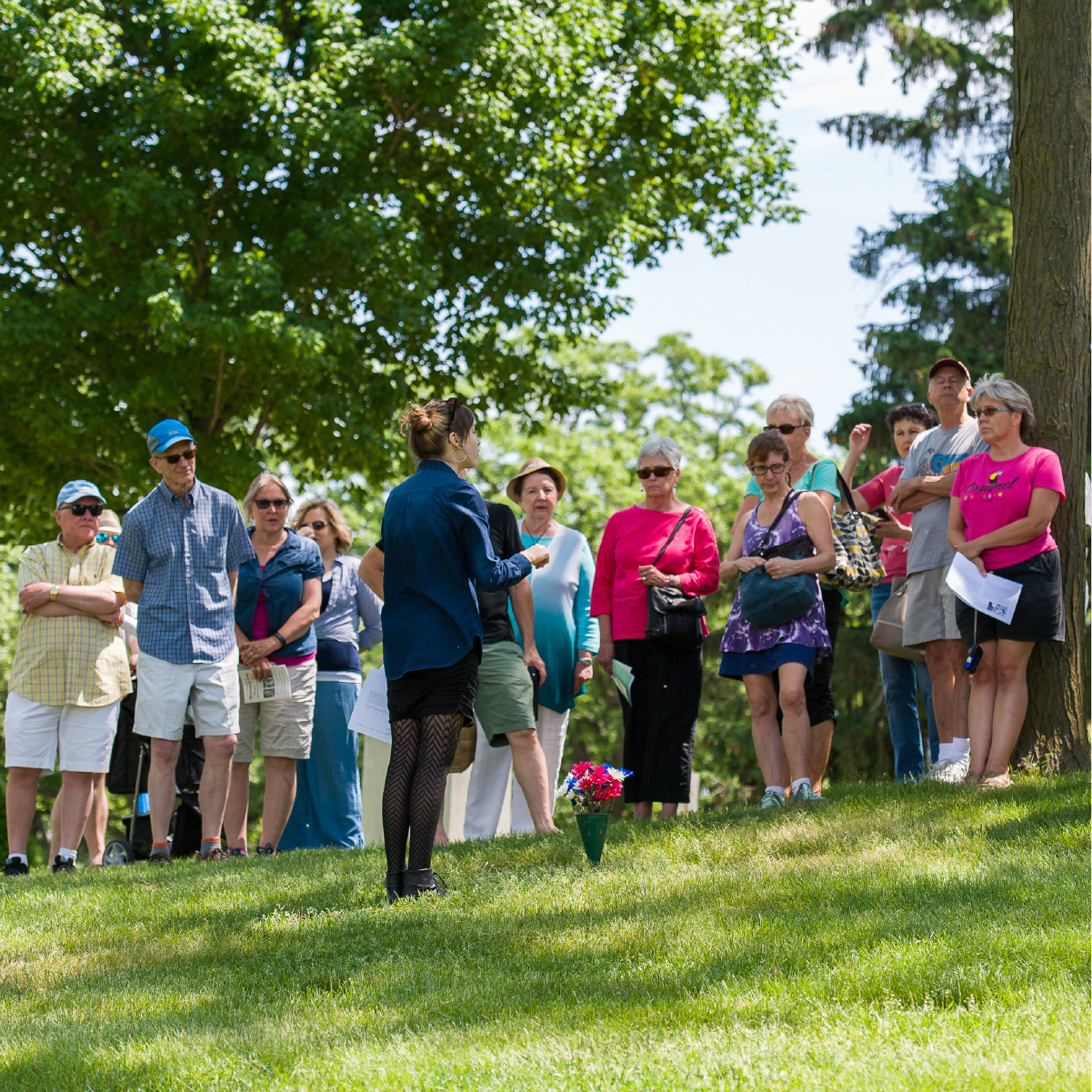 Marc Markell was just five years old when his father was unexpectedly rushed to the hospital. A week later Marc remembers standing with his grandmother, watching the family car pull into the driveway. His mother got out of the car and began unloading flower arrangements, and suddenly his grandmother said, “Oh my God, your father’s dead.” Marc went to his mother and told her, “Nothing will ever be the same again.” But all his mother would say was, “Everything will be fine, just go out and play.”
Marc Markell was just five years old when his father was unexpectedly rushed to the hospital. A week later Marc remembers standing with his grandmother, watching the family car pull into the driveway. His mother got out of the car and began unloading flower arrangements, and suddenly his grandmother said, “Oh my God, your father’s dead.” Marc went to his mother and told her, “Nothing will ever be the same again.” But all his mother would say was, “Everything will be fine, just go out and play.”
Decades later those few moments are still etched in Marc’s mind. Marc’s father’s early death had an enormous impact on Marc’s life and his career. Both he and his sister Kathryn earned their doctorates in psychology, studying grief and bereavement. Together, the siblings co-authored “The Children Who Lived, Using Harry Potter and Other Fictional Characters to Help Grieving Children and Adolescents.”
Like Marc and Kathryn, Christine Friberg’s life’s work also reflects her loss of a parent at an early age. Christine vividly remembers a family trip in elementary school to Washington state. Her mom Loralee fell in love with the stunning tangle of trails that stretched across the Cascade Mountains, telling the family that one day she would return and climb Mt. Rainier. But just a few years later Loralee was diagnosed with ovarian cancer and told she only had a few months to live. Loralee never made it back to climb the mountain. She battled cancer for 3 ½ years and passed away when Christine was 15 years old.
Christine says that the loss of a parent, especially a mother, continues to reveal itself throughout a person’s lifetime. Inspired by her mother’s strength, determination and generous, loving spirit, and now a mother herself to four children, Christine created and began facilitating workshops for motherless mothers. She hosted the gatherings through a local yoga studio for three years until March 2017, when she launched She Climbs Mountains, a non-profit serving girls and women who have experienced mother loss. Recently, Christine expanded She Climbs Mountains adding special events for girls ages 8 – 18, through Girls Rise Up.
Lakewood strives to support families and individuals in grief through meaningful conversations, unique experiences and relevant, accessible and inviting opportunities for memorialization. Through this work we have partnered with Marc, Kathryn, and Christine.
Last month, Marc and Kathryn taught a class as part of the Learn @ Lakewood series on Talking to Kids About Grief and Death.
Many of the touchstones Mark and Kathryn shared in their class reflect their personal stories:
Be Honest
An adult’s first response to tragedy may be to shield a child, and certainly when Marc and Kathryn’s mother returned home from the hospital she was in shock, but Marc stresses that if a child asks a question, they are ready for an answer. Kathryn suggests letting children lead discussions and taking cues from them when answering questions.
Watch for Magical Thinking
Developmentally it’s age appropriate for kids to think the world revolves around them. Unfortunately, when something catastrophic happens, like a death, children may think it’s their fault. A few months before Kathryn’s dad’s death, she’d had to spend a lonely recess period inside her school classroom because she’d recently had a cold. Bored, Kathryn peeked inside some classmates’ desks, spotted a fresh pink eraser, and took it from the desk. A few months later when her father died, Kathryn was sure his death was a punishment for taking her classmate’s eraser.
Listen, Validate Feelings
Allowing kids to express themselves is crucial to helping them navigate grief. Marc remembers sobbing as a kindergartener and his teacher telling him that only babies cried. Fortunately, Marc’s empathetic first-grade teacher took a different tack. One day when he burst into tears, she told him if you want to go into the hall, you can cry as long as you need to. She even offered to go and sit with him. Marc never forgot her kindness. Decades later he searched for her and was able to tell her what her concern had meant to him. The two still keep in touch today.
Allow Kids to Talk About Grieving When They Want
Adults can offer kids concrete ways to express themselves when they’re ready to talk. Young kids could wear a Band-Aid with a heart on it, giving them the opportunity to tell people that their heart is broken, or they could carry a homemade book about their loved one and share it when they want to talk about their grief. Marc and Kathryn provide more activities, discussion questions, and games in their book, which uses Harry Potter and other fictional characters to help kids deal with grief and loss.
 The Power of Community
The Power of Community
Christine’s newest venture at She Climbs Mountains is Girls Rise Up, programming for girls 8 – 18, offering connections between young motherless daughters. On the day before Mother’s Day, Girls Rise Up hosted a delicious brunch in partnership with Lakewood. The girls made wind chimes with the help of Minnesota Makers, a collaborative of local artisans. Lakewood was honored to help remember these mothers on this special day.
If you would like to receive information about Lakewood’s upcoming classes and programs, subscribe to our newsletter, like us on Facebook or follow us on Instagram.


